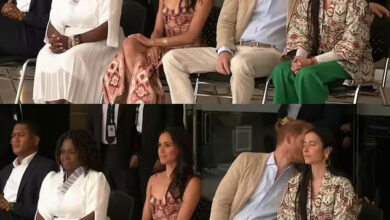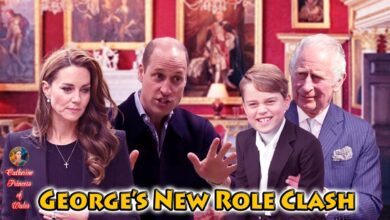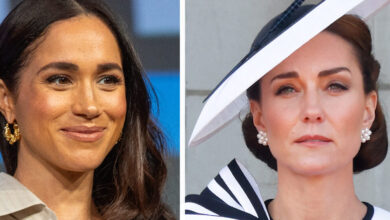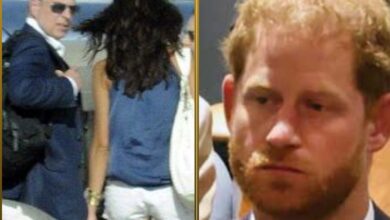Prince William Not Letting Harry Anywhere Near Kate Middleton
Prince William Not Letting Harry Anywhere Near Kate Middleton

Prince Harry once closely bonded with Katherine, the Princess of Wales, now finds himself deeply affected by her battle with cancer, according to insights from Royal author Christopher Anderson. The revelation of Kate Middleton’s diagnosis came as a shock not only to the public but also to Harry, who learned about it through Kate’s poignant video message. The emotional impact on Harry underscores the significant connection they once shared, a bond now strained by the complexities of Royal Dynamics. Anderson delves into the complexities of the royal rift, suggesting Harry’s desire to reconnect with Kate amid her health struggles. However, the prospect of reconciliation is overshadowed by lingering tensions and apparent reluctance from Prince William to facilitate such reunions. The author paints a picture of familial discord, citing too much drama and lingering bitterness as formidable obstacles to any potential reconciliation efforts between the brothers and their respective spouses.

Kate Middleton’s public revelation of her cancer diagnosis in March marked a poignant moment in the Royal narrative. Her candid acknowledgement of undergoing chemotherapy while grappling with the demands of Royal life underscores the vulnerability behind the Regal facade. Despite the challenges, Kate emphasizes her commitment to confronting her illness with resilience and grace, seeking solace in the support of her family amidst this trying time.
The announcement of Kate’s illness coincides with a broader context of health struggles within the royal family, notably including King Charles III’s ongoing battle with cancer. The convergence of personal hardships underscores the shared humanity within the Royal sphere, transcending titles and privileges to confront the universal challenges of illness and mortality.

Prince Harry’s journey within the Royal orbit has been marked by turbulence and transformation, from his once close relationship with Prince William to his evolution into an outspoken critic of Royal protocols. Harry’s trajectory reflects the complexities of identity and duty within the monarchy. His current visit to the UK for the Invictus Games anniversary juxtaposes personal aspirations with familial responsibilities, highlighting the intricate balance Harry must navigate amidst ongoing tensions and expectations.
The absence of a meeting between Prince Harry and his father, King Charles III, during the former’s UK visit underscores the strain within the royal family. Despite hopes for reconciliation and familial solidarity, logistical constraints and conflicting schedules inhibit meaningful connections. The palpable gap between intention and reality reflects the broader challenges of communication and understanding within a family bound by tradition and scrutiny.

As Prince Harry navigates the intricacies of his dual identity—part Royal scion, part independent entrepreneur—he grapples with the weight of expectations and the allure of autonomy. His journey embodies the tensions between tradition and innovation, duty and self-discovery, underscoring the perennial quest for balance and belonging within the Royal tapestry. In this unfolding narrative of personal growth and familial bonds, Prince Harry emerges as a figure emblematic of both the struggles and aspirations inherent in navigating the legacy of royalty in the modern era.
Prince Harry once closely bonded with Katherine, the Princess of Wales, now finds himself deeply affected by her battle with cancer, according to insights from Royal author Christopher Anderson. The revelation of Kate Middleton’s diagnosis came as a shock not only to the public but also to Harry, who learned about it through Kate’s poignant video message. The emotional impact on Harry underscores the significant connection they once shared, a bond now strained by the complexities of Royal Dynamics. Anderson delves into the complexities of the royal rift, suggesting Harry’s desire to reconnect with Kate amid her health struggles. However, the prospect of reconciliation is overshadowed by lingering tensions and apparent reluctance from Prince William to facilitate such reunions. The author paints a picture of familial discord, citing too much drama and lingering bitterness as formidable obstacles to any potential reconciliation efforts between the brothers and their respective spouses.






